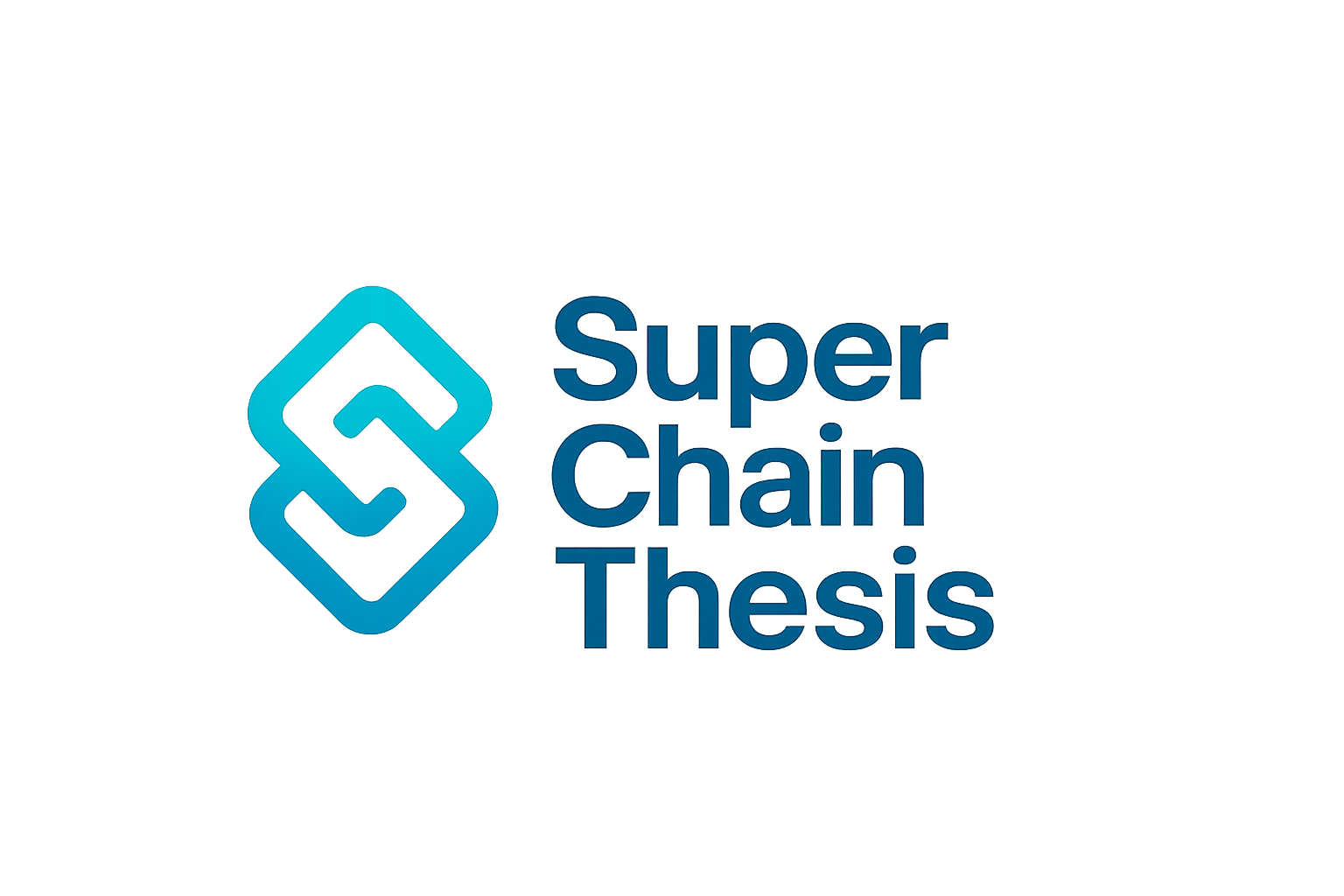
Blockchain gaming and decentralized finance (DeFi) have long been constrained by the need for speed and composability. For years, developers faced a tradeoff: either build on fast but siloed infrastructure, or stick with slower base layers that guarantee security and interoperability. Enter ephemeral rollups on Solana, a breakthrough that is rewriting the rules for real-time gaming and high-frequency DeFi without sacrificing decentralization.

What Are Ephemeral Rollups?
Ephemeral rollups are temporary, high-performance execution environments that extend Solana’s already impressive throughput. Unlike traditional rollups or appchains, which typically operate as persistent side networks, ephemeral rollups are spun up on demand for specific applications or events, think of them as instant turbo-boosters for blockchain dApps.
Powered by teams like MagicBlock, these ephemeral rollups process transactions off-chain during a session, such as a multiplayer match or a flash auction, and then commit the final state back to the Solana mainnet. The result? Sub-50ms latency globally, frame-accurate multiplayer experiences, and gas-efficient DeFi protocols that rival centralized exchanges in speed. All this while maintaining full cryptographic security and preserving composability with existing Solana smart contracts.
The Real-Time Gaming Revolution
The impact of ephemeral rollups is perhaps most dramatic in blockchain gaming. Titles like Supersize leverage this technology to deliver real-time multiplayer gameplay with end-to-end latencies below 50 milliseconds, a feat previously thought impossible for fully on-chain games. Players can interact in complex virtual worlds where every move is secured by the blockchain yet feels as responsive as any Web2 game.
This isn’t just about speed; it’s about unlocking new genres of games that require deterministic logic, instant player feedback, and provable fairness, all running transparently on-chain. Developers no longer have to choose between performance and trustlessness. With ephemeral rollups, they can build frame-accurate multiplayer, dynamic leaderboards, live auctions for NFT assets, and more, all while keeping their games composable within the broader Solana ecosystem.
Pushing DeFi Into High-Frequency Territory
The advantages don’t stop at gaming. In DeFi, platforms like Flash Trade are leveraging ephemeral rollups to execute trades with minimal latency, enabling high-frequency strategies previously out of reach for decentralized platforms. Imagine instant liquidation engines or real-time options markets where transactions settle at speeds comparable to centralized exchanges but remain fully transparent and secure.
This leap forward is made possible because ephemeral rollups allow DeFi protocols to process massive volumes of trades off-chain during peak demand periods before posting final states back to Solana’s mainnet ledger. The result is a scalable solution for DeFi high-frequency data, paving the way for sophisticated trading algorithms and new financial primitives, all without creating fragmented L2 networks or compromising composability.
Solana Price Update: SOL Holds Steady Above $200
This innovation comes at a time when Solana’s market activity remains robust. As of now, Binance-Peg SOL (SOL) trades at $220.54, reflecting ongoing developer interest despite recent volatility (24h change: -$18.15). The growing adoption of scalability solutions like ephemeral rollups could further solidify Solana’s position as the go-to chain for next-gen dApps.
If you’re curious about how these technologies work under the hood or want actionable insights into building with ephemeral rollups on Solana, check out this comprehensive guide at Custom App Chains.
Security is always top of mind when scaling blockchains, and ephemeral rollups on Solana are no exception. MagicBlock’s integration with Jito Network’s restaking solution has introduced a new layer of economic security, incentivizing node operators and validators to secure these high-speed execution environments. This partnership ensures that while apps enjoy the benefits of rapid, off-chain computation, the final settlement remains tamper-proof and fully auditable on Solana’s mainnet.
For developers, this means they can push the boundaries of what’s possible in real-time DeFi and gaming without worrying about state fragmentation or trust assumptions. The ephemeral nature of these rollups also minimizes attack surfaces compared to persistent L2s, as each environment spins up only for the duration it’s needed, then disappears, leaving a provable record on-chain.
A New Era for Composability and User Experience
What truly sets ephemeral rollups apart from traditional scalability solutions is their ability to preserve composability. Unlike siloed appchains or sidechains that fragment liquidity and user experience, ephemeral rollups execute within Solana’s existing trust model. This means assets, user identities, and smart contracts remain interoperable across the entire ecosystem, even during real-time sessions.
The impact can already be seen in both gaming and DeFi:
- Frame-accurate multiplayer: Developers can sync game states down to the millisecond, enabling genres like real-time strategy or competitive e-sports that demand precision.
- Instant liquidation engines: DeFi protocols can process liquidations or arbitrage opportunities as soon as market conditions change, no more waiting for block confirmations.
- On-demand execution: dApps spin up ultra-fast environments only when needed (for tournaments, auctions, flash events), optimizing resource use and minimizing costs.
Developer Momentum and Ecosystem Growth
The momentum behind ephemeral rollups is palpable. MagicBlock’s recent $7.5 million seed round underscores investor confidence in this paradigm shift. As more teams experiment with app-specific rollup architectures, without needing to deploy or maintain separate networks, Solana continues to attract top talent from both Web2 gaming studios and high-frequency trading circles.
This surge in developer activity has real implications for Solana’s network value. With SOL currently trading at $220.54, continued innovation around scalability could help buffer volatility by driving genuine utility and transaction volume through next-gen applications.
Looking Ahead: The Superchain Vision Meets Real-Time Apps
The rise of ephemeral rollups isn’t just a win for Solana; it signals a broader trend toward modular blockchain design where execution environments can be tailored, and spun up instantly, to suit any application need. This aligns with the superchain thesis: a world where multiple high-performance chains interoperate seamlessly while preserving security guarantees from their base layers.
If you’re building in Web3 or simply tracking the evolution of scalable dApps, keep an eye on how ephemeral rollups continue to blur the line between decentralized infrastructure and real-time user experience. The next wave of killer apps may not just run on chain, they’ll run at speeds once thought impossible for open networks.







